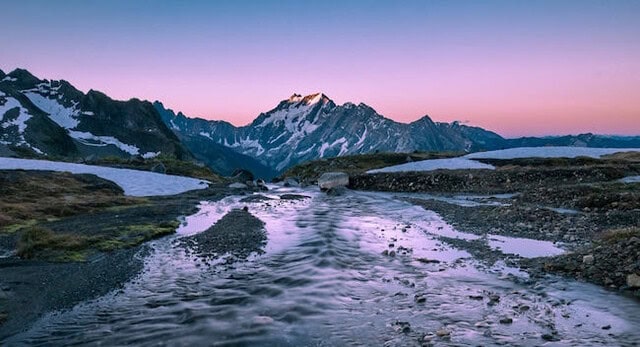
Jumbo Glacier turned over to Ktunaxa First Nation
A spectacular swath of mountains, glaciers and forests once proposed for a ski resort is being turned over to First Nations.
After decades of controversy that reached all the way to the Supreme Court, the Jumbo Glacier in British Columbia’s central Purcell Mountains is to be handed over to the Ktunaxa First Nation to manage as an Indigenous Protected Area.
“It’s an opportunity to do so many things,” said Kathryn Teneese, chairwoman of the Ktunaxa Nation Council.
The land will be accompanied by $21 million to design and plan the new conservation zone. About $16 million is to come from Ottawa and the rest from private foundations.
The company that held the development permits, Glacier Resorts, received an undisclosed payout — at least partly from federal funds — in exchange for relinquishing its interests. The deal was negotiated with the help of the Nature Conservancy of Canada.
Glacier Resorts did not respond to a request for comment.
Saturday’s signing ceremony in Cranbrook is to end a controversy that has bubbled since 1991, when a Japanese company made the first proposal for a resort on Jumbo. The spectacular terrain tantalized run planners and its high elevation held the promise of year-round skiing.
Vancouver-based Glacier Resorts took over the proposal, which planned 5,500 guest beds at a 110-hectare resort base. Proponents expected up to 3,000 visitors a day in high season.
The idea ran into opposition from the Ktunaxa, local people and environmentalists.
A 2009 study found the Jumbo area was prime grizzly bear habitat. Lead author Michael Proctor estimated that 600 grizzlies lived in the region — a crucial anchor population in habitat uncut by roads or development.
“(The resort) was going to break up that,” said Proctor. “It was going to be another fracture.”
As well, the Ktunaxa consider Jumbo to be home to the grizzly bear spirit, an important part of their spiritual practice. In 2017, the First Nation argued before the Supreme Court that allowing the resort to go ahead would inhibit their freedom of religion, but they lost.
Final boundaries for the protected area have yet to be negotiated, but it is to cover at least 600 square kilometres — large enough to connect with other bear habitats.


